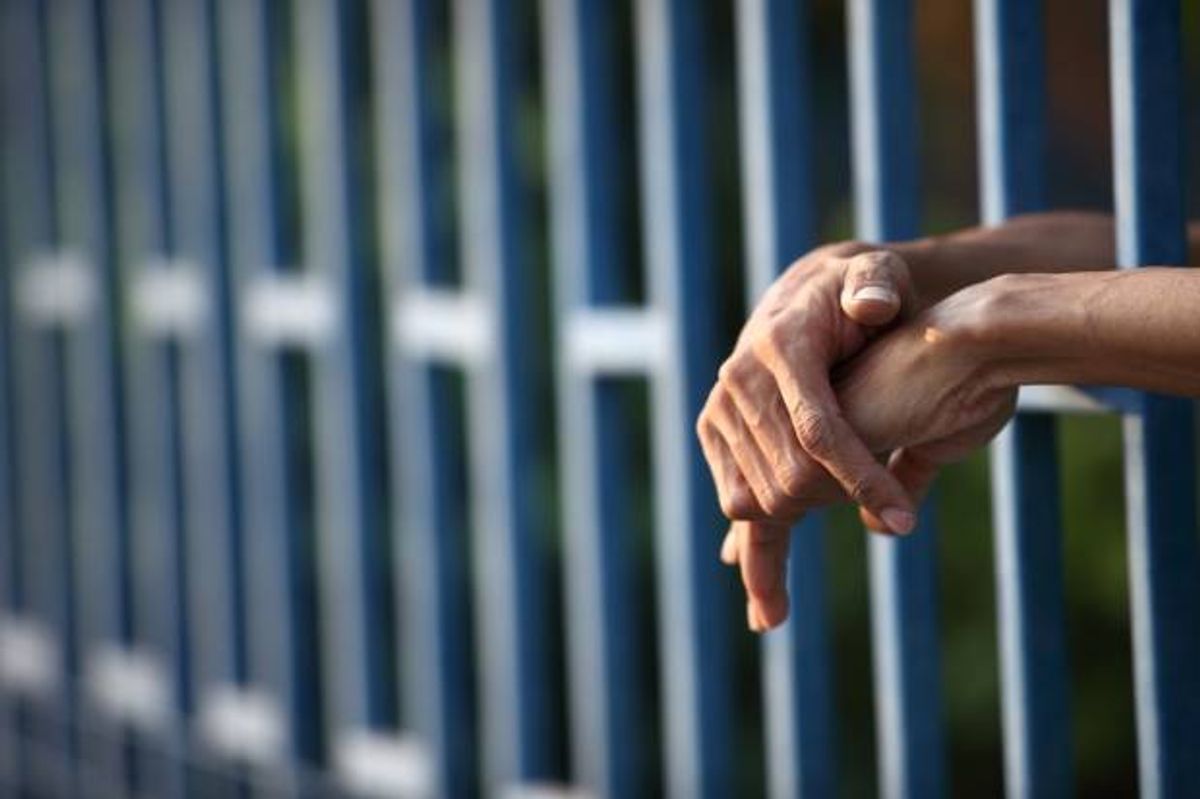It's only been three days since California voters passed a ballot initiative that reclassified six nonviolent offenses from felonies to misdemeanors, but according to a report from the San Diego Tribune, it's already having an impact. As Nicole Flatow noted at ThinkProgress, at least six kids have already been released from a San Diego juvenile detention center and public defenders are receiving hundreds of calls from men and women now eligible for reduced sentences. All told, Proposition 47 could reduce the sentences of 10,000 people who are currently incarcerated, allow people to petition to have their felony offenses removed from their records and prevent others arrested for certain low-level, nonviolent offenses from being charged with felonies and incarcerated in the first place.
More than 6 million people were prevented from voting in the 2014 midterms because of their criminal records, and, as Dara Lind pointed out over at Vox this week, more than a dozen states have laws banning people with felony offenses from voting. In a states like California and New York, a person convicted of a felony is prevented from voting while incarcerated and during their parole. In Florida and 11 other states, people with felony offenses can be banned from voting for the rest of their lives, and are subject to a clemency board hearing to determine whether their voting rights will be restored.
Iowa is one of 12 states with the harshest discriminatory disenfranchisement laws, but the ACLU is currently taking it on in court. Iowa mother Kelli Jo Griffin lost her voting rights in 2008 after she was convicted for a nonviolent drug offense. She's finished probation and is an active member of her community, but is still barred from voting.
The lawsuit was filed to restore Griffin's voting rights, but also to challenge Iowa's lifetime disenfranchisement law and enshrine voter protections in the state constitution so that women like Griffin can have their rights restored. "Once you've changed your life, then you're saying that you are a productive member of society, and that's what the courts are telling you too when they release you from probation," Griffin said in a statement. "So given that, why aren't other people given back the right to vote? We are productive members of society, so why aren't we treated like it?"
"People who have served their sentences should have the opportunity to fully contribute to their communities and to our democracy," Julie Ebenstein, an attorney with the ACLU's Voting Rights Project, said in a statement. "Many of these citizens work, pay taxes, and raise their families in our communities, yet they continue to be unfairly punished and left without a political voice."

Shares